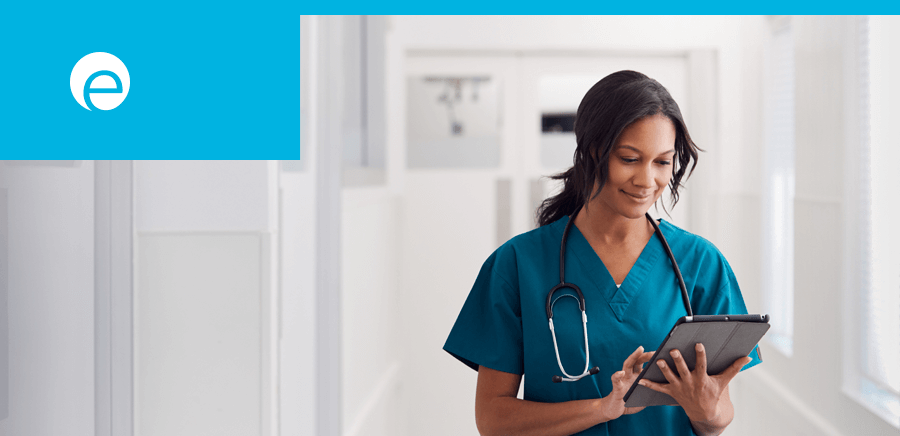The world of social media is not just a strategic way of conducting public relations, but to some, simply a way of life. When John Lynn (@techguy), professional blogger and founder of many successful healthcare blogs, participated in our Digital Health Conference panel on social media last fall, he brought to it the perspective of someone who takes social media as a given.
“To me, using social media now is just part of who I am,” he said recently, “It’s part of the regular routine; it’s not work at all.”
The panel, Taking a Healthy Risk: Best Practices and Creative Use of Social Media in Healthcare, raised many anxieties, addressing lingering fears as to what was too much information for a healthcare organization to share, what might be seen as “oversharing,” and what to do if something negative about the organization is expressed via Twitter, Facebook, or LinkedIn, etc.
Lynn understands the risk aversion to the profile (“Of course, if you’re a hospital you’re a little more risk averse, if you’re a blogger you’re less risk averse”) but points out how to overcome such challenges.
“In the session we talk about how they’re afraid,” says Lynn, “’What if someone says something bad about us?’ Well, they’re going to say it whether you participate or not. And studies have shown that if you participate and confront the criticism, then not only does it remove the negative impact, but that negative becomes a positive.”
He sees the benefits of social media far outweighing its risks, by bringing a voice, a humanity, and a certain receptiveness to an organization.
“You really need to have a thoughtful approach and empower people to be that voice,” said Lynn.
Some advice he might offer for those just dipping their toe into social media is to start slow, experiment, and watch how similar organizations conduct themselves online. “There’s quite a bit of education, networking, learning from your peers, getting the latest information, that has no risk,” he said. And he points to the value of “lurking,” simply watching how peers conduct themselves, what they say, how they succeed. “You can learn a lot and meet new people, with zero risk involved.”
Watch the full panel discussion from October’s DHC:

